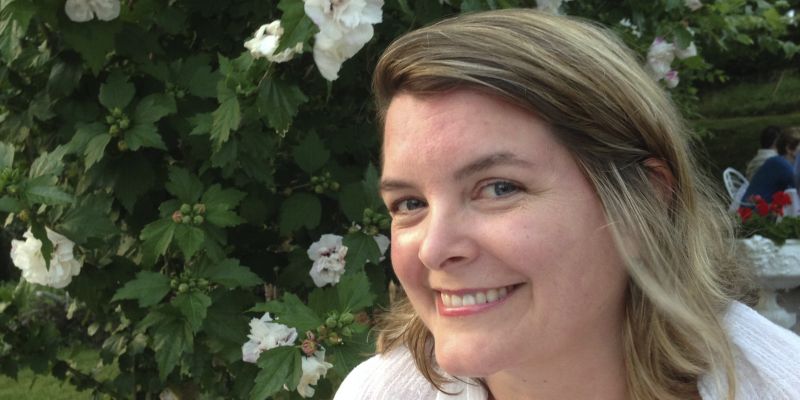
Much to the chagrin of her professors, Dr. Maggie Carpenter chose Family Practice as her specialty in medical school. It carries neither the cachet nor the financial rewards of the other specialties, but, “It just made so much sense to have a family doctor who could take care of everything,” Maggie explains. And Maggie makes house calls. Yes, you read that correctly.
Maggie and her family make their home in Gardiner. A graduate of Brown University, Maggie (as she prefers to be called) trained at SUNY Downstate Medical Center College of Medicine in Brooklyn, from which she graduated Summa Cum Laude. Maggie then went cross-country to complete her residency at The Swedish Hospital in Seattle.
Seeing patients in their homes gives Maggie a much better picture of what is going on in their lives. Observing how her patients live, caring for them in their own surroundings and having their medications on hand clears up what can become a confusing picture, particularly for elderly patients who may be taking multiple prescriptions. Contrast this with the all too common experience of waiting an hour or more in a crowded waiting room to see a doctor for a 10 to 15 minute visit. Unlike much of medical care today, Maggie’s practice is patient-centered, and is characterized by respect, personal care and shared decision-making with her patients. “I just don’t agree with the corporate style of medicine,” she contends.
Teaching young residents three to four days per week at the Mid Hudson Family Practice Residency is another of Maggie’s passions. She also has broad experience in women’s reproductive health and brings that expertise to her teaching. The young physician has traveled extensively, and has worked in Africa and New Zealand. Maggie is the founder and Executive Director of privately funded Go Doc Go, Inc., a non-governmental international medical humanitarian organization that sends physicians around the world to establish preventive health programs in low resource settings. One example is a cervical cancer screening program set up in Ethiopia. Working with the National Cancer Institute, Maggie hopes to set up additional programs in countries like Uganda, Guinea and on islands in the Caribbean.
Maggie hopes to open her own small office this fall while still doing home visits. “My goal is to hopefully find some other folks to do this with me,” she muses. “The difficulty is that our medical system does not reimburse physicians to do the kind of care people really need.” This is particularly true with regard to end of life care. Maggie is opposed to endless treatments that patients nearing the end of life are often subjected to. She suggests the need for the equivalent of a doula (a birth companion and post-birth supporter) to help people through the death process. “I’m much more a believer in quality over quantity, particularly when we’re talking about end of life care,” Maggie adds.
To insure that the patients she currently cares for get the attention they need, Maggie’s practice is not currently accepting new patients (except for hospice patients). Hopefully, that will change when she opens her own office with like-minded practitioners in the fall. In the meantime, learn more about how Maggie practices medicine by visiting NighingaleMedical.org. And visit Go Doc Go, Inc. on the web or on Facebook. You may find yourself inspired to support the mission Maggie cares so deeply about.
